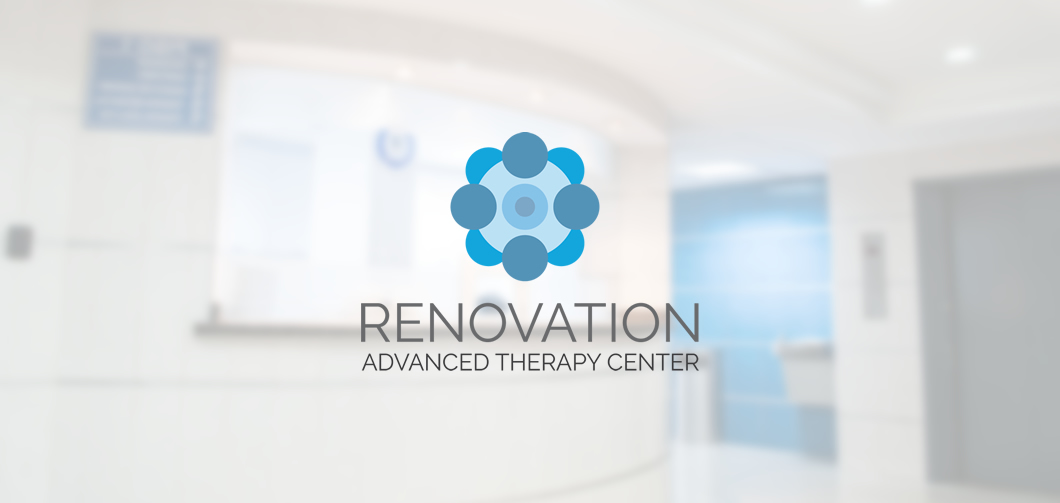- Immunological Diseases
- Parkinson’s Disease
- Cerebral Palsy
- Diabetes Type 2
- Heart Disease
- Multiple Sclerosis
- Rheumatoid Arthritis
- Asthma
- Fibromyalgia
- Arthritis/Arthrosis
- Kidney Failure
- Erectile dysfunction
- Alzheimer’s Disease
- Stroke
- Macular Degeneration
- COPD or Lung Disease
- Anti-aging
- Retinopathy
- Lupus(SLE)
- Hepatic Insufficiency
- Optic Nerve Atrophy
- Patient Condition
Stem Cell Treatment for Kidney Failure

About Kidney Failure
Kidney failure (or renal failure) is a condition in which the kidneys fail to function properly.
Physiologically, renal failure is described as a decrease in blood filtration (glomerular filtration rate or GFR). Clinically, this is manifested in elevated serum creatinine. Still not well understood are many of the factors that are involved in kidney failure. Researchers are studying the effects of nutritional proteins and the concentration of cholesterol in the blood.
Acute renal failure: Some kidney problems happen quickly, such as from an accident that causes kidney damage. A great loss of blood can cause sudden kidney failure, also some drugs or poisons can cause the kidneys to stop working. Such sudden drops in kidney function are called acute renal failure.
Symptoms of Kidney Failure
Acute renal failure (ARF) is, as its name implies, a rapidly progressive loss of renal function, generally characterized by oliguria, a decreased urine production (measured as less than 400 mL per day for adults, less than 0.5 mL/kg/hour in children, or less than 1 mL/kg/hour in infants), and water imbalance of body fluids and electrolyte disorders.
Chronic renal failure (CRF) is a condition that is caused by permanent damage to kidney function, secondary to any cause. Worldwide, the most common causes (but not the only) of chronic kidney disease include diabetes, hypertension, and obstructive diseases of the urinary tract (such as stones, tumors, etc.). It can arise from the complication of a large number of kidney diseases such as IgA nephropathy (Berger’s disease), inflammatory diseases of the kidney (glomerulonephritis), chronic pyelonephritis and urinary retention, and the use of toxic drugs to the kidney (particularly contrast media and some antibiotics). Terminal renal failure is the ultimate result, which usually requires dialysis until a donor can be found for a kidney transplant.
If the disease is detected early, the speed with which the damage progress can be slowed, delaying the onset of replacement therapies and giving the patient more time to prepare for such therapy. Currently available renal replacement therapies are hemodialysis, peritoneal dialysis, and renal transplantation.
Causes of Kidney Failure
In the United States, about 80,000 people are diagnosed with kidney failure each year. This is a serious condition. Diabetes is the most common cause of kidney failure and constitutes more than forty percent of new cases. Even when drugs and diet can control diabetes, the disease can lead to nephropathy and kidney failure. There are about sixteen million diabetics in the United States and of those, about 100,000 suffer from kidney failure due to diabetes.
People with kidney failure must undergo dialysis in either of two modes or transplantation to receive a kidney from a healthy donor. Blacks, American Indians, and the descendants of Hispanic Americans have diabetes, kidney disease, and renal failure in a proportion higher than the general population. Scientists have been unable to explain this phenomenon and cannot explain fully the interplay of factors leading to diabetic nephropathy. These factors include heredity, diet, and other conditions such as hypertension.
How Stem Cell Therapy Works
Stem cells can be harvested from adipose tissue or human umbilical cord tissue-derived mesenchymal stem cells, which include fresh cells, proteins, growth factors, and other tools necessary to rebuild damaged organs or tissue.
Although these substances exist naturally in an individual’s bone marrow/adipose tissue they are usually not released into a person’s bloodstream in sufficient quantities to repair damage throughout the body.
Another excellent alternative for patients suffering from Kidney failure is the administration of differentiated stem cells, specifically renal differentiated stem cells.
